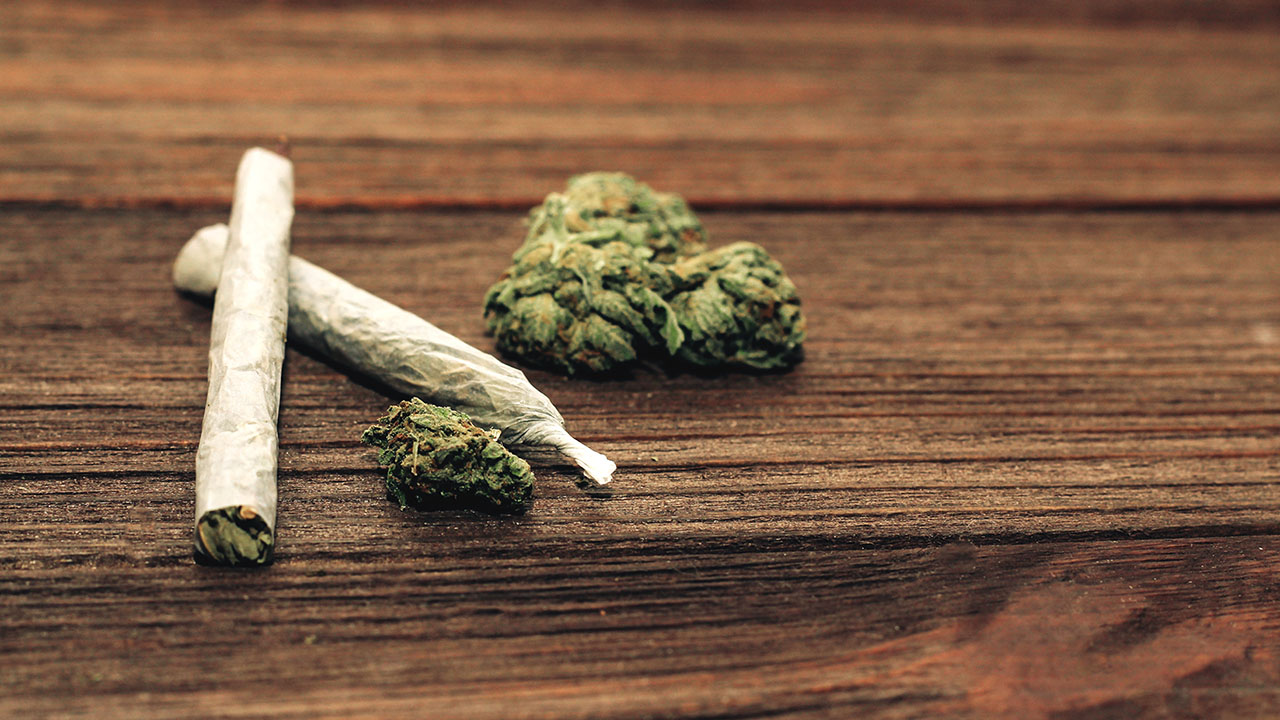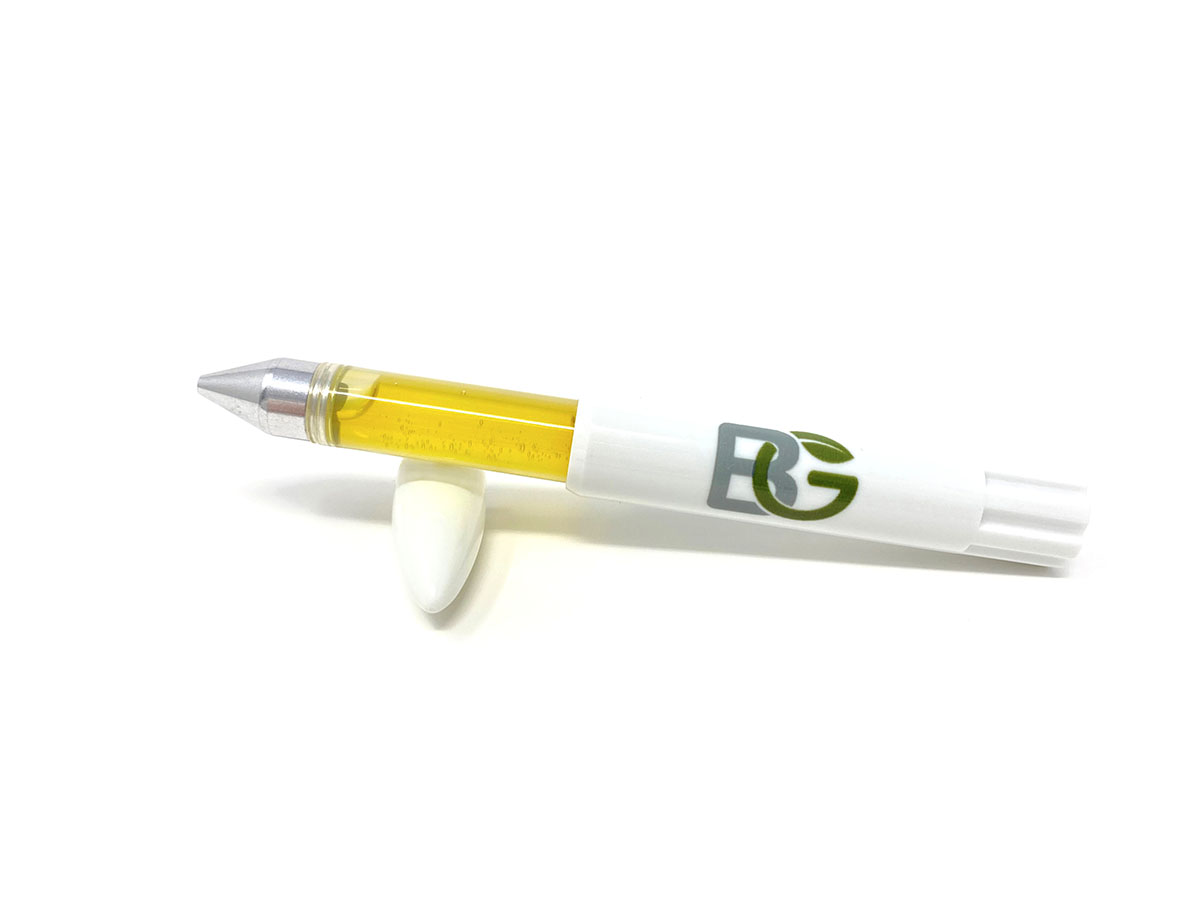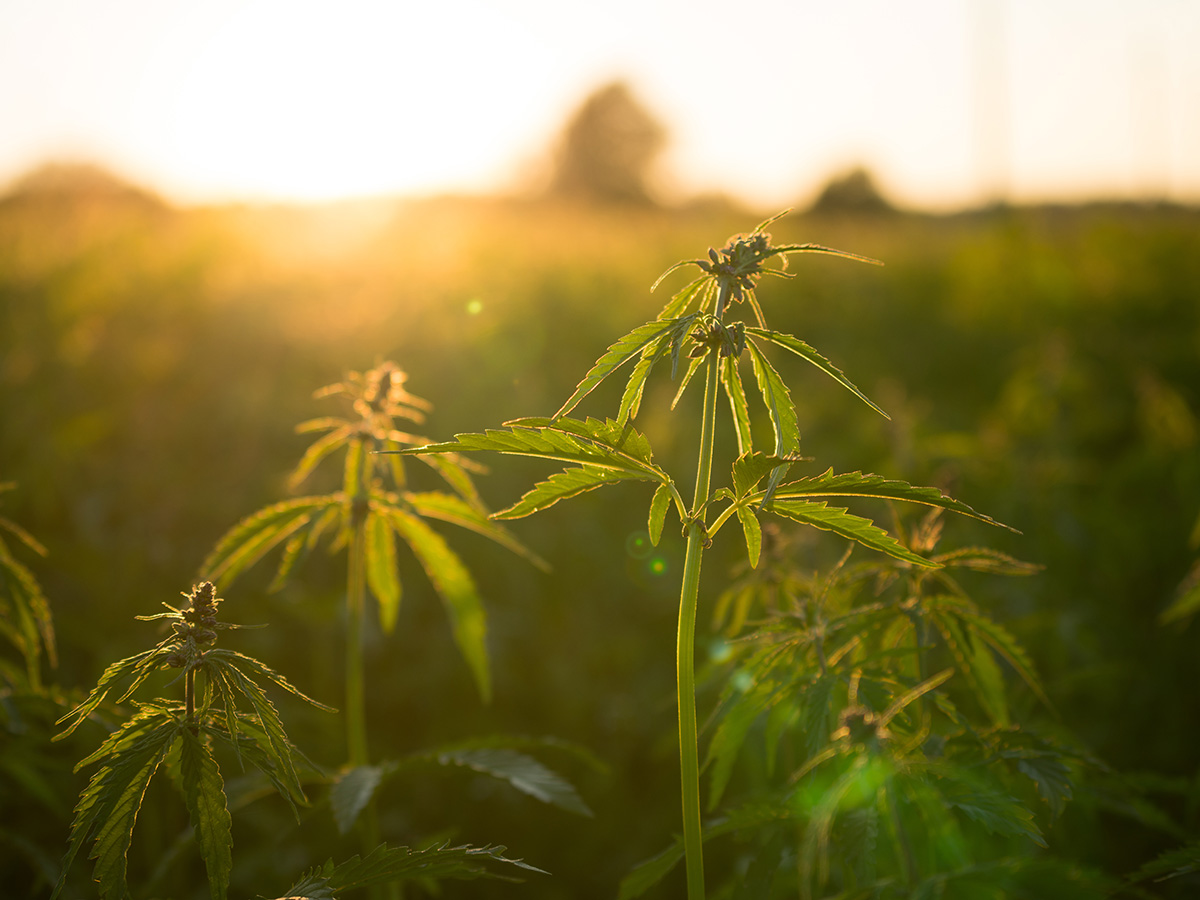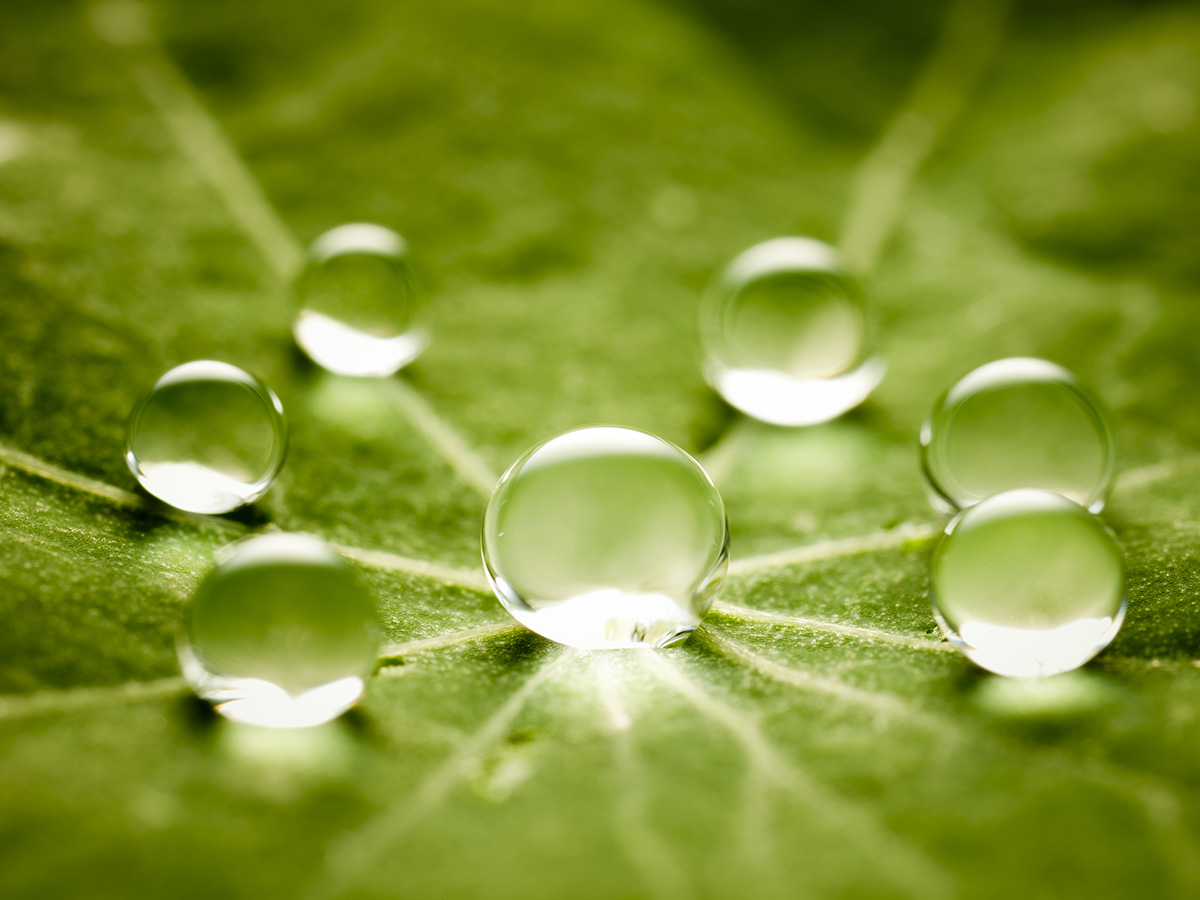
What is a Pre-Roll, or Pre-Rolled Joint?
April 01, 2024
Pre-rolls are one of the most popular products sold at dispensaries around the country. A simple yet enjoyable creation, pre-rolled joints make marijuana flower more accessible to cannabis shoppers. In the guide, we’re going to explain the ins and outs of this fan favorite.
What is a Pre-Roll?
It’s all in the name! A pre-roll is a ready made cannabis joint that you can purchase at a dispensary. Pre-rolls contain the same items as a regular joint - flower, rolling paper, crutch - but it has already been put together. No need to learn how to roll a joint on your own.
Pre-Rolls vs Joints: What’s the Difference?
The difference between pre-rolls and "regular" joints is that a pre-roll has already been packed and rolled for you. While you could roll your own joints at home, pre-rolls are often the more convenient option–especially if you are new to cannabis.
Pre-rolls are typically made in bulk by the cannabis product wholesaler, which means they offer consistency in each joint, as well as packaging that preserves freshness so you can enjoy your pre-roll over several sessions. You’ll also be able to sample more strains than you would if you were purchasing large quantities of cannabis flower and rolling your own joints at home.
Pre-Rolls vs Blunts: What’s the Difference?
The terms are sometimes used interchangeably, but there are major differences1 between pre-rolls and blunts. Blunts that you can purchase at a dispensary are rolled with hemp paper and contain much more cannabis flower. (Blunts were traditionally rolled with tobacco leaves or cigar paper, but dispensaries aren’t permitted to sell tobacco products.) As a result, blunts can be much stronger than pre-rolls.
Pre-Rolls vs Infused Pre-Rolls: What’s the Difference?
Pre-rolled joints contain ground cannabis flower, but an infused pre-roll contains flower plus a cannabis concentrate. When it comes to which concentrates are used to infuse the joint, there are plenty of options–anything from solventless concentrates like kief or hash or extracts like wax, THC distillate, and even moon rocks.
What’s Inside of a Pre-Roll?
Pre-rolls are known for their simplicity, and their contents reflect this: flower, rolling paper, and sometimes a filter.
- Flower: Pre-rolls are all about the flower, the strain, and the experience. You can choose the strain you want and enjoy its flavors and aromas, with or without infusions.
- Rolling Paper: The rolling paper used to make pre-rolls are typically derived from natural materials like paper, hemp, and flax. The paper is designed to burn evenly while not interfering with the experience of the flower.
- Filter: Also called a crutch, the filter keeps ground cannabis out of your mouth while you're smoking.
Can I Save a Joint If I Don’t Finish It?
You can absolutely save your pre-roll for later, which is one of the many conveniences of this product. The key to preserving your joint for the next session is proper storage. Your pre-roll may have come in a special tube - playfully known as a “doob tube” - that also serves as an excellent storage container. If not, you can purchase one from a dispensary or use an airtight glass container.
FAQs About Pre-Rolls
If you have questions about pre-rolls, our helpful budtenders are always available. Here are some of the most common queries we hear at our dispensaries:
Do pre-rolls go bad?
Like any natural product, pre-rolls do have a "best-by" shelf life. They can deteriorate over time, but proper storage will help them stay good for longer.
How long do pre-rolls stay good?
Pre-rolls often come with expiration dates. If yours is printed with that, it will stay good to that date. If there's no expiration date, pre-rolls generally don't retain their strength and quality after six months.
Do I smoke the whole pre-roll?
You don't have to smoke the whole pre-roll to get the effects you want. In fact, we always recommend starting low and going slow. If you feel like you've hit your tolerance level, save your pre-roll for later.
Purchasing Pre-Rolled Joints
Pre-rolls are a convenient way to enjoy cannabis without having to purchase additional tools or larger quantities of flower. If you're wondering what pre-roll you will most enjoy, your budtender can guide you to the right product for you.
Sources:
1. “What’s the difference between joints, blunts, and spliffs?” Leafly, https://www.leafly.com/learn/consume/smoke/difference-between-joints-blunts-spliffs
Use of Marijuana Concentrate may lead to: Psychotic symptoms and/or Psychotic disorder (delusions, hallucinations, or difficulty distinguishing reality); Mental Health Symptoms/Problems; Cannabis Hyperemesis Syndrome (CHS) (uncontrolled and repetitive vomiting); Cannabis use disorder/dependence, including physical and psychological dependence. Please consume responsibly. This product may cause impairment and may be habit forming. There may be health risks associated with consumption of this product. State laws impact what dispensaries can and can’t sell to recreational customers and medical marijuana patients. Not every type of product, consumption method, dosage form, or potency mentioned on this blog will be permitted in all locations.


